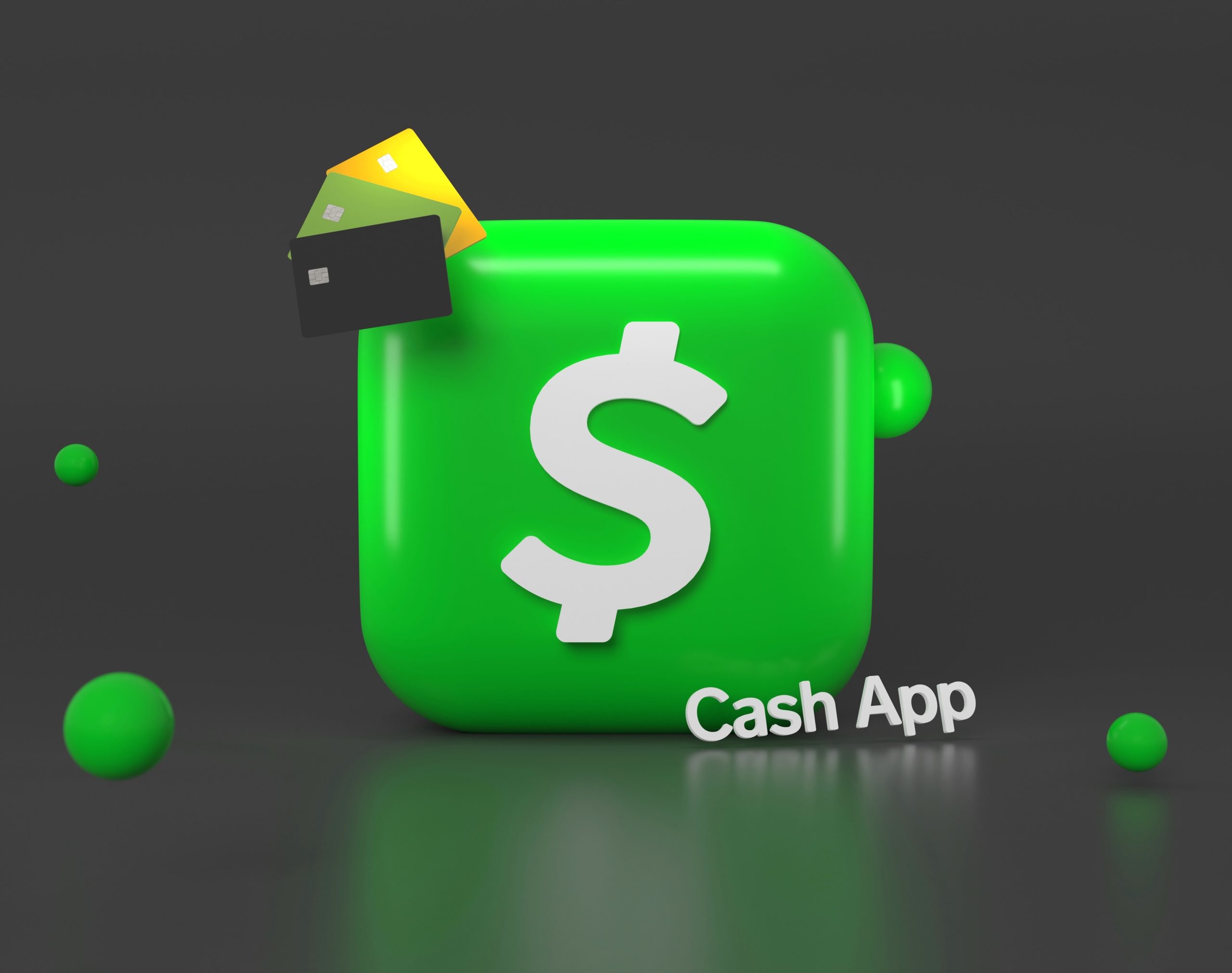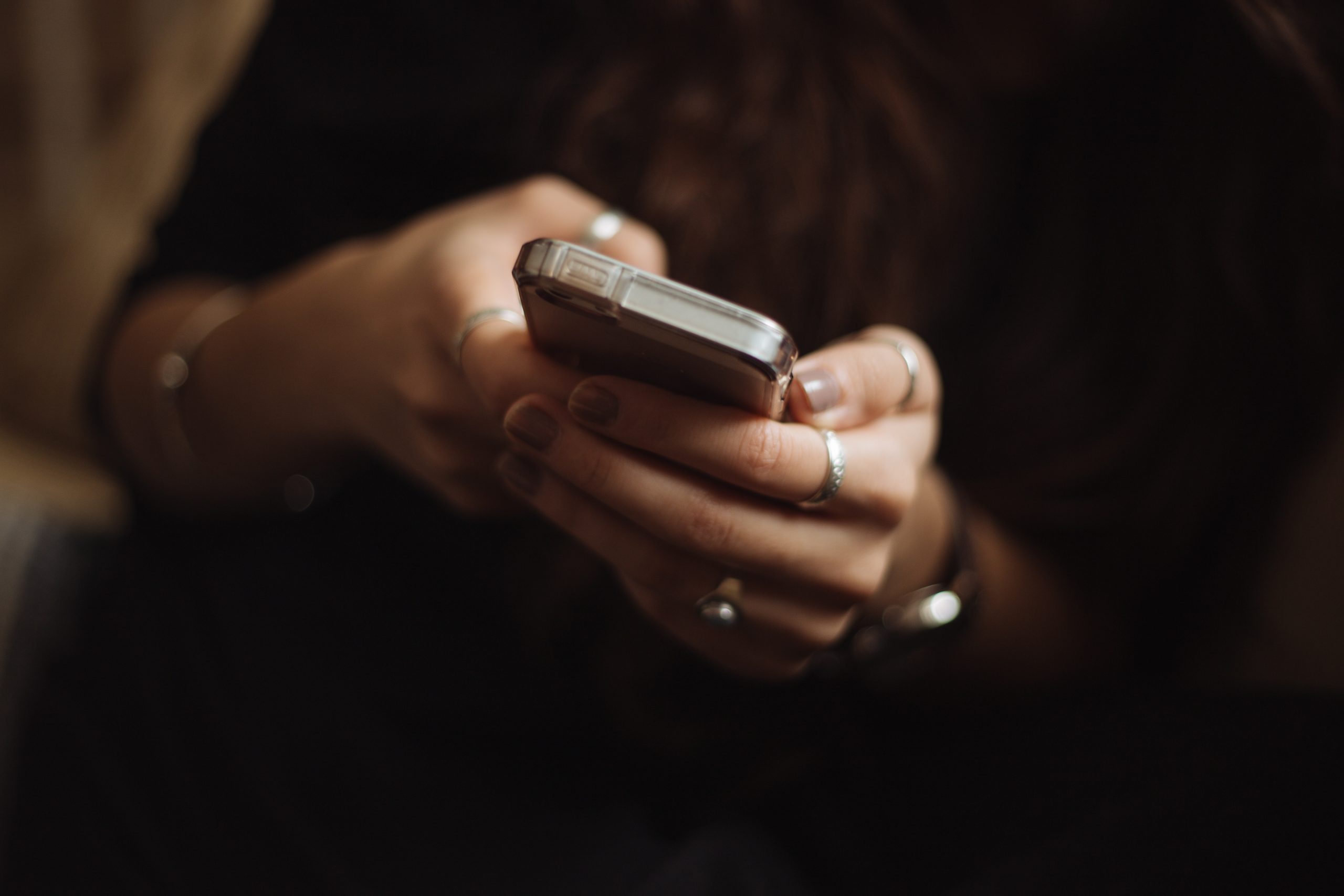Uncategorized
Can You Do Cash App Without a Bank?

In today’s digital age, mobile payment apps have transformed the way we handle financial transactions. One such app that has gained significant popularity is Cash App. It offers a convenient way to send, receive, and manage money using your smartphone. However, many people wonder whether it’s possible to use Cash App without a bank account. In this article, we will explore the options and limitations of using Cash App without a traditional bank account.

Understanding Cash App
Cash App, developed by Square Inc., is a peer-to-peer payment app that allows users to send and receive money instantly using their mobile devices. It has become a versatile tool for a wide range of financial activities, including splitting bills, paying for goods and services, and even investing in stocks and cryptocurrencies. Cash App users can link their bank accounts, debit cards, or credit cards to the app for seamless transactions.
Setting Up Cash App Without a Bank Account
While Cash App is designed to work with traditional bank accounts, there are ways to use some of its features without a bank account. Here’s how you can get started:
1. Sign Up for Cash App
Download the Cash App from the App Store (for iOS devices) or Google Play Store (for Android devices) and complete the registration process. You’ll need to provide a valid email address or phone number to create an account.
2. Add a Debit or Prepaid Card
Cash App allows you to add a debit or prepaid card to your account. This card can be used to send and receive money within the app. To add a card, follow these steps:
– Open Cash App and tap on your profile icon in the upper left corner.
– Scroll down and select “Add Bank or Card.”
– Enter the card information, including the card number, expiration date, CVV, and billing ZIP code.
– Tap “Add Card.”
Once your card is linked, you can use it to make payments and send money to other Cash App users. Note that some prepaid cards may have limitations, so be sure to check with the card issuer.
3. Receive Payments
With a linked debit or prepaid card, you can receive payments from other Cash App users. When someone sends you money, it will be added to your Cash App balance, which you can then use to make payments or transfer to your linked card.
4. Make Purchases and Payments
Cash App allows you to use your Cash App balance to make purchases at eligible merchants, both online and in physical stores. You can also use the app to pay for services, such as rideshares and food delivery, where Cash App is accepted as a payment method.
5. Withdraw Cash
If you need to access the funds in your Cash App balance as cash, you can do so by using the Cash Card. Cash App offers a physical debit card known as the Cash Card, which is linked to your Cash App account. You can use this card to withdraw cash from ATMs or make purchases wherever Visa is accepted.

Limitations of Using Cash App Without a Bank Account
While it is possible to use Cash App without a traditional bank account, there are some limitations to consider:
1. Limited Functionality
Using Cash App without a bank account restricts you to basic functions like sending and receiving money, making payments, and withdrawing cash using the Cash Card. You won’t have access to features like direct deposits, investing in stocks or cryptocurrencies, and other advanced financial services offered by Cash App.
2. No Routing and Account Number
Without a bank account linked to Cash App, you won’t have a routing number or account number associated with your Cash App account. This means you won’t be able to set up direct deposits or use Cash App for certain banking activities.
3. Limited Funding Sources
While you can add a debit or prepaid card, these funding sources may have limitations and fees. Some prepaid cards may charge fees for adding funds or making transactions, so it’s essential to review the terms and conditions of your specific card.
4. Risk of Transaction Fees
When you use a credit card to fund your Cash App account, you may incur transaction fees. These fees can vary depending on the credit card issuer and the type of transaction. It’s advisable to check the fees associated with your card.
In summary, it is possible to use Cash App without a traditional bank account by linking a debit or prepaid card. However, this approach has limitations in terms of functionality and access to certain features offered by Cash App. If you plan to use Cash App for more advanced financial activities or need direct deposit capabilities, linking a bank account to your Cash App account is recommended. It’s essential to understand the benefits and limitations of using Cash App without a bank account to determine if it aligns with your financial needs and preferences.

